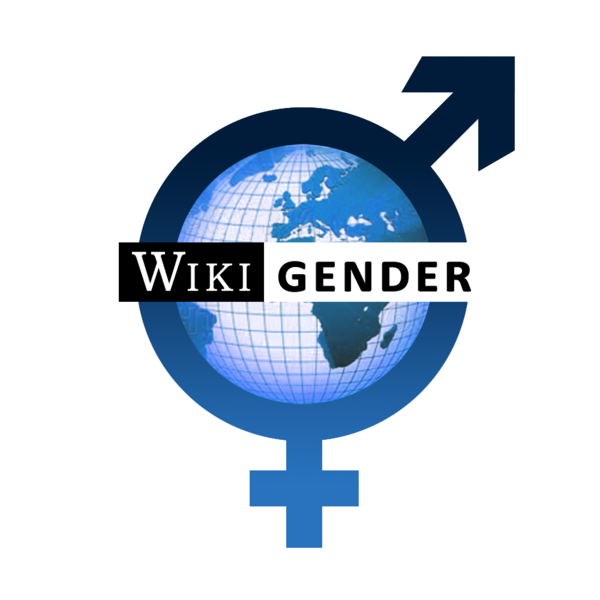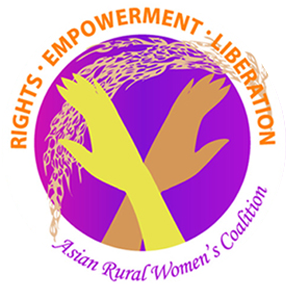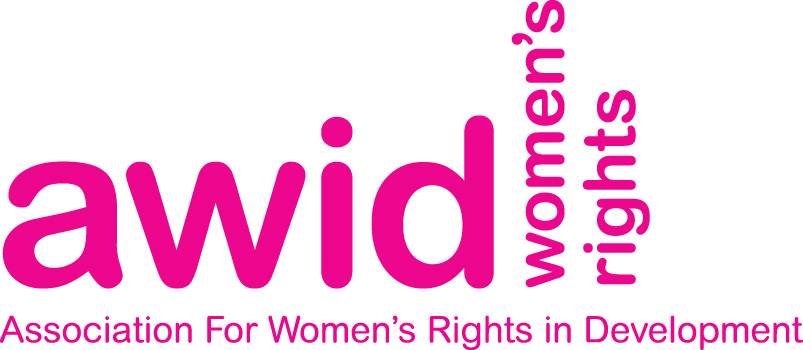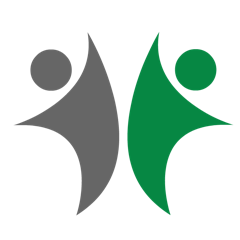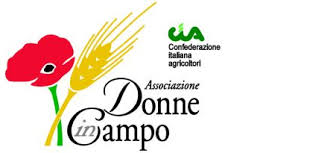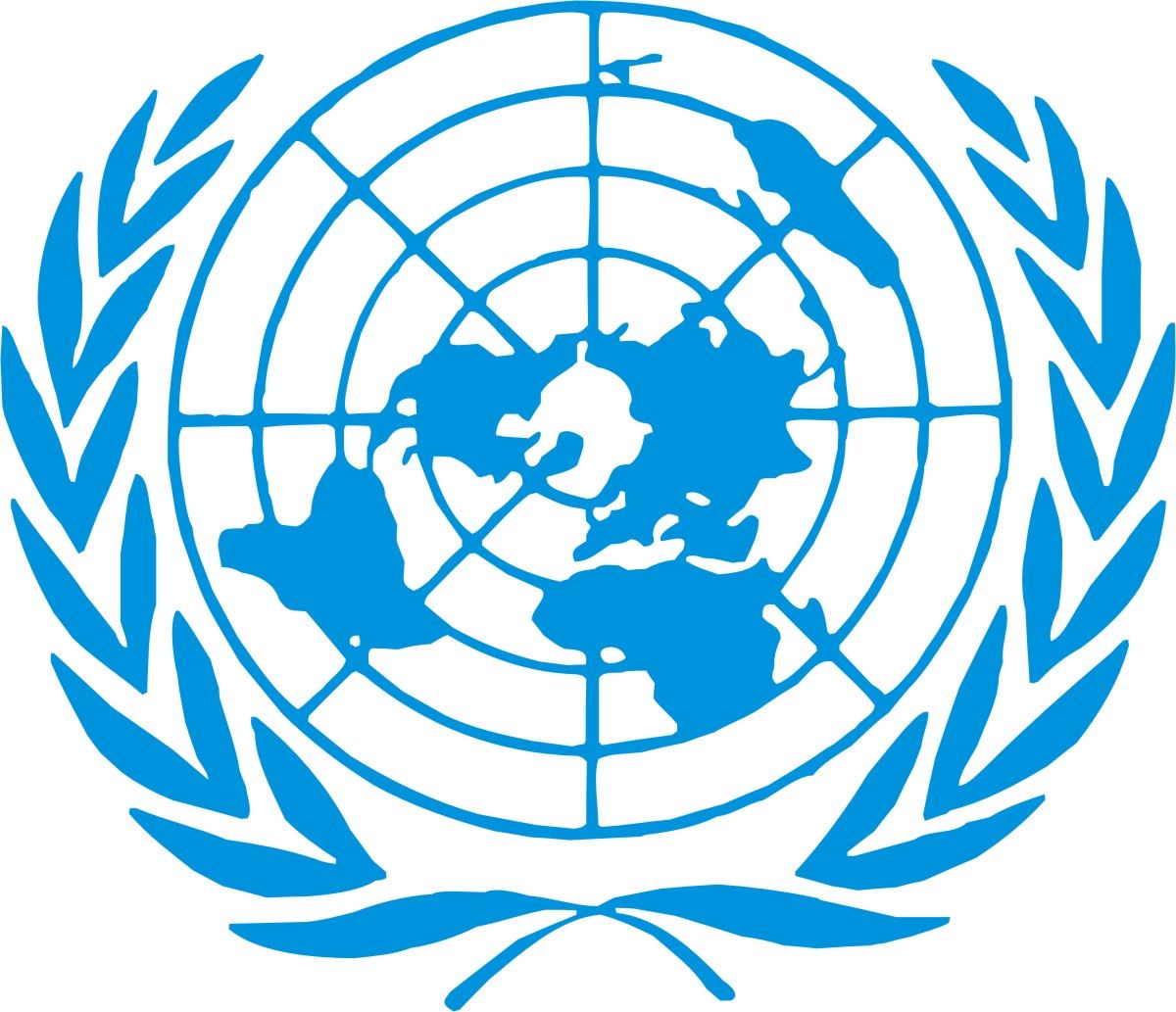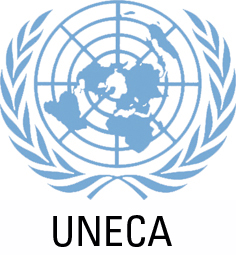Landesa - Rural Development Institute
About Landesa
Landesa partners with governments and local organizations to ensure that the world’s poorest families have secure rights over the land they till. Founded as the Rural Development Institute, Landesa has helped more than 105 million poor families gain legal control over their land since 1967. When families have secure rights to land, they can invest in their land to sustainably increase their harvests and reap the benefits—improved nutrition, health, and education—for generations.
Oxfam International
Our Vision
Our vision is a just world without poverty. We want a world where people are valued and treated equally, enjoy their rights as full citizens, and can influence decisions affecting their lives.
Our Purpose
Our purpose is to help create lasting solutions to the injustice of poverty. We are part of a global movement for change, empowering people to create a future that is secure, just, and free from poverty.
Achieving our Purpose
Asian Rural Women's Coalition
Borne of the women's continued resistance against imperialist globalization was the Asian Rural Women's Regional Consultation held in the Philippines in 2007 (of 52 Asian women from 14 countries) followed by the Asian Rural Women's Conference in 2008 held in Arakkonam, Tamil Nadu, India. The 2008 conference forged unity among the 700 rural women leaders, national women's groups, regional networks representing peasants, agricultural workers, indigenous women, Dalit women, workers and migrants from around 21 countries in Asia and the Pacific.
Association for Women's Rights in Development
Social Institutions & Gender Index
WHAT IS SIGI ?
The OECD Development Centre’s Social Institutions and Gender Index (SIGI) is a cross-country measure of discrimination against women in social institutions (formal and informal laws, social norms, and practices) across 160 countries. Discriminatory social institutions intersect across all stages of girls’ and women’s life, restricting their access to justice, rights and empowerment opportunities and undermining their agency and decision-making authority over their life choices.
Journal of Gender, Agriculture and Food Security
The Journal of Gender, Agriculture and Food Security (Agri-Gender) is an international, open access, peer-reviewed and refereed journal published by the Africa Centre for Gender, Social Research and Impact Assessment. The main objective of Agri-Gender is to provide an intellectual platform for international scholars to publish their research work on gender, agriculture and food security.
The aim of Agri-Gender is to promote interdisciplinary research related to gender and the agricultural and food sciences.
The Samdhana Institute
The Samdhana Institute - An Asian Center for Social and Environmental Renewal
Our Purpose
The Samdhana Institute works to:
- Offer opportunities as well as support for individuals and groups to remove themselves from their immediate environment and reflect upon and communicate their experience and ideas.
- Enhance and enrich understanding of innovative approaches to sustainable resource management and broaden options for local communities.
Donne in Campo
Donne in Campo-Cia è la principale Associazione italiana di imprenditrici e donne dell’agricoltura, riconosciuta ed apprezzata nel territorio italiano, presso le Istituzioni nazionali, europee ed internazionali ma soprattutto tra i cittadini che conoscono i mercati Donne in Campo con le loro eccellenze del gusto e tante altre iniziative innovative.
United Nations
United Nations
The United Nations is an international organization founded in 1945. It is currently made up of 193 Member States. The mission and work of the United Nations are guided by the purposes and principles contained in its founding Charter.
Just Associates
JASS believes that women who are most affected by the political, economic, environmental and health crises reverberating across the world are on the frontlines of change. While they rarely have a seat at the decision-making table, they are organizing their communities, developing solutions and promoting justice—often at great risk for going against the grain. As a global women-led human rights network of activists, popular educators and scholars in 31 countries, we work to ensure women leaders are more confident, better organized, louder and safer as they take on some of the most critical
United Nations Economic Commission for Africa
Established by the Economic and Social Council (ECOSOC) of the United Nations (UN) in 1958 as one of the UN's five regional commissions, ECA's mandate is to promote the economic and social development of its member States, foster intra-regional integration, and promote international cooperation for Africa's development.
Made up of 54 member States, and playing a dual role as a regional arm of the UN and as a key component of the African institutional landscape, ECA is well positioned to make unique contributions to address the Continent’s development challenges.

